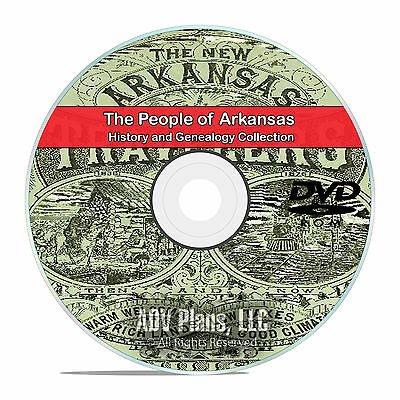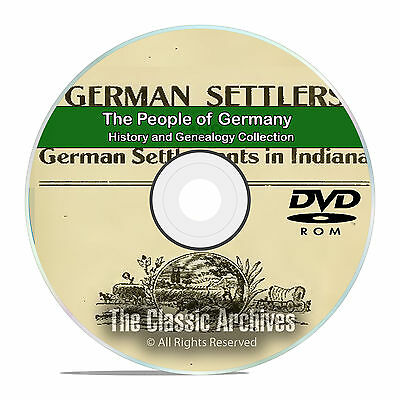-40%
Provincial Councillors of Pennsylvania Genealogy Book
$ 15.83
- Description
- Size Guide
Description
The Provincial Councillors of Pennsylvania Who Held Office Between1733 and 1776
Hardbound volume totaling
628
pages. Book is in new condition. Just what you need for genealogy research.
The Provincial Councillors of Pennsylvania
belongs in every American genealogical library because it covers many of the leading families of the mid-Atlantic region and includes the entire progeny of the councillors--including daughters of daughters of daughters, sons of sons of sons, cadet branches who moved west, and English, French, German and other foreign descendants. Treated especially well are the full progenies then known of several royally descended founders of the Province--the Welsh Deputy Governor Thomas and Mary (Jones) Lloyd, plus John Cadwalader, and the Scottish James Logan (plus the mostly Pennsylvania progeny of James Tilghman, son of the immigrant Richard of Maryland). Also covered are all descendants of Edward Shippen (mostly Winthrop descendants via Grosses of Boston), who include the family of traitor Benedict Arnold and the also royally descended Burds of Philadelphia, plus Willings, Binghams, Clymers, Francises, Bayards of Delaware, and Byrds of Virginia. Lloyd descendants include many of the leading Quaker and Episcopal families of Philadelphia--Moores, Whartons, Pembertons, Morrises, plus (under son-in-law Samuel Preston) Carpenters, Ellets, and Wistars. Logan descendants include Fishers, Wisters, Drinkers, and Biddles.
Take a Look at My Other Genealogical Books up for Auction The Original Scots Colonists of Early America. Caribbean Supplement 1611-1707
David Dobson
Volume totaling
147
pages. Book is in new condition. Just what you need for genealogy research. Per the publisher.
The Scottish connection with the Caribbean started in 1611 with the voyage to the West Indies of the Janet of Leith. It was not until after 1626, however, that Scots actually settled in the Caribbean. In 1627 King Charles I appointed James Hay, Earl of Carlisle, a Scot, as Governor of the Caribbees, and this led to a steady trickle of Scots to Barbados and other islands. While there was a degree of voluntary emigration, it is likely that the majority of Scots in the West Indies had gone there unwillingly. Five hundred Scots prisoners-of-war were transported to the area by Oliver Cromwell in 1654, and felons or political undesirables, such as the Covenanters, were shipped in chains directly from Scotland. In addition, the English Privy Council regularly received petitions from planters requesting Scottish indentured servants. In consequence, a steady stream of indentured servants sailed from Scottish and English ports to the West Indies.
During the 1660s the Glasgow-based organization called the Company Trading to Virginia, the Caribbee Islands, Barbados, New England, St. Kitts, Montserrat, and Other Colonies in America established economic links with the West Indies. By the latter part of the seventeenth century, Scots merchants, planters, seafarers, and transportees were to be found throughout the English and Dutch colonies of the Caribbean. In total, it is believed that as many as 5,000 Scots settled temporarily or permanently in the Caribbean before the Act of Union in 1707. The settlement of Scots in the West Indies was important from the point of view both of the colonist and the home country. Many of the colonists used the islands as a stopping-off point before continuing on to the mainland of America, where they then settled. Alexander Hamilton and Theodore Roosevelt are numbered among those who descend from Scots who initially settled in the Caribbean.
This supplement contains data which expands on some of the information found in Mr. Dobson's
The Original Scots Colonists of Early America, 1612-1783
. It also contains completely new information gleaned from recent research. The original book,published by GPC in 1989, was based entirely on source material located in the United Kingdom, while this volume contains primary and secondary material from both U.K. and U.S. sources. The focus of the
Caribbean Supplement
is on the period prior to 1707, the year marking the political union between England and Scotland. The Act of Union of 1707 eliminated restrictions on trade between Scotland and the American colonies, and in consequence emigration to the West Indies increased rather substantially. This work concentrates, however, on seventeenth-century emigration, a far more difficult period to document than that of the following century.
Take a Look at My Other Genealogical Books up for Auction









